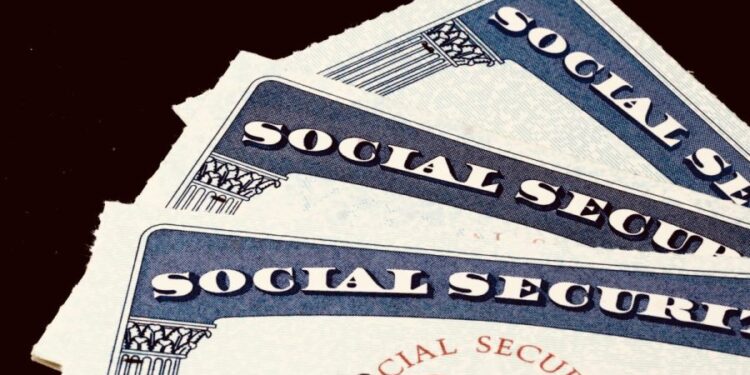
(NewsNation) — The Senate will soon vote on legislation that would change Social Security benefits, impacting nearly 3 million people.
Lawmakers have until the end of this year’s lame-duck session to pass the Social Security Fairness Act.
What is it, and who will it impact?
What is the Social Security Fairness Act?
The Social Security Fairness Act would increase payouts of Social Security benefits to roughly 2.8 million people by eliminating certain existing limits.
It would eliminate policies that reduce the amount a group of recipients receive based on other government pensions issued to them by repealing the Windfall Elimination Provision and the Government Pension Offset.
Who is impacted?
If the Social Security Fairness Act passes, it will impact two groups of people who receive Social Security benefits: those who get a pension from a job that Social Security doesn’t cover and those who get a government pension on their own.
Many include public service workers like teachers, law enforcement and firefighters.
Senate Majority Leader Chuck Schumer, D-N.Y., said Thursday the intention is to “do the right thing for our teachers and nurses and postal workers and law enforcement officers and firefighters,” the Hill reported.
How will it impact Social Security long-term?
Critics are concerned it will cause Social Security funds to run out sooner than projected. Estimates predict money will dry up by 2035, but some lawmakers say the Fairness Act would expedite that.
“If that bill passes, it’s going to bring it back six or seven or eight months and when Social Security is running out of money, that’s a very serious thing you have to take into consideration,” Sen. Chuck Grassley (R-Iowa) told NewsNation’s sister The Hill.
The Congressional Budget Office (CBO) estimated the bill would cost upward of $190 billion over a decade.
“If H.R. 82 was enacted, the balance of the OASI trust fund would, CBO projects, be exhausted roughly half a year earlier than it would be under current law,” the CBO wrote in a letter last month.
OASI is the Old-Age & Survivors Insurance, which is the U.S. Treasury’s account that holds Social Security taxes to pay to retired workers and survivors.
CBO predicts the lifespan of benefits will be reduced to 2033.
Supporters, meanwhile, argue it’s time to
“We have to make it right and ensure that our teachers, police officers, firefighters and others receive the Social Security benefits they earned during their careers serving the public,” said outgoing Rep. Garret Graves, R-La.
When could the Social Security Fairness Act pass?
The legislation needs 60 Senate votes to pass after passing the House on a bipartisan vote. Schumer said he plans to begin the process for a final vote, with a Dec. 20 congressional deadline for all legislative votes.
If it passes the Senate, President Biden will need to sign off.
The Associated Press contributed to this report.






